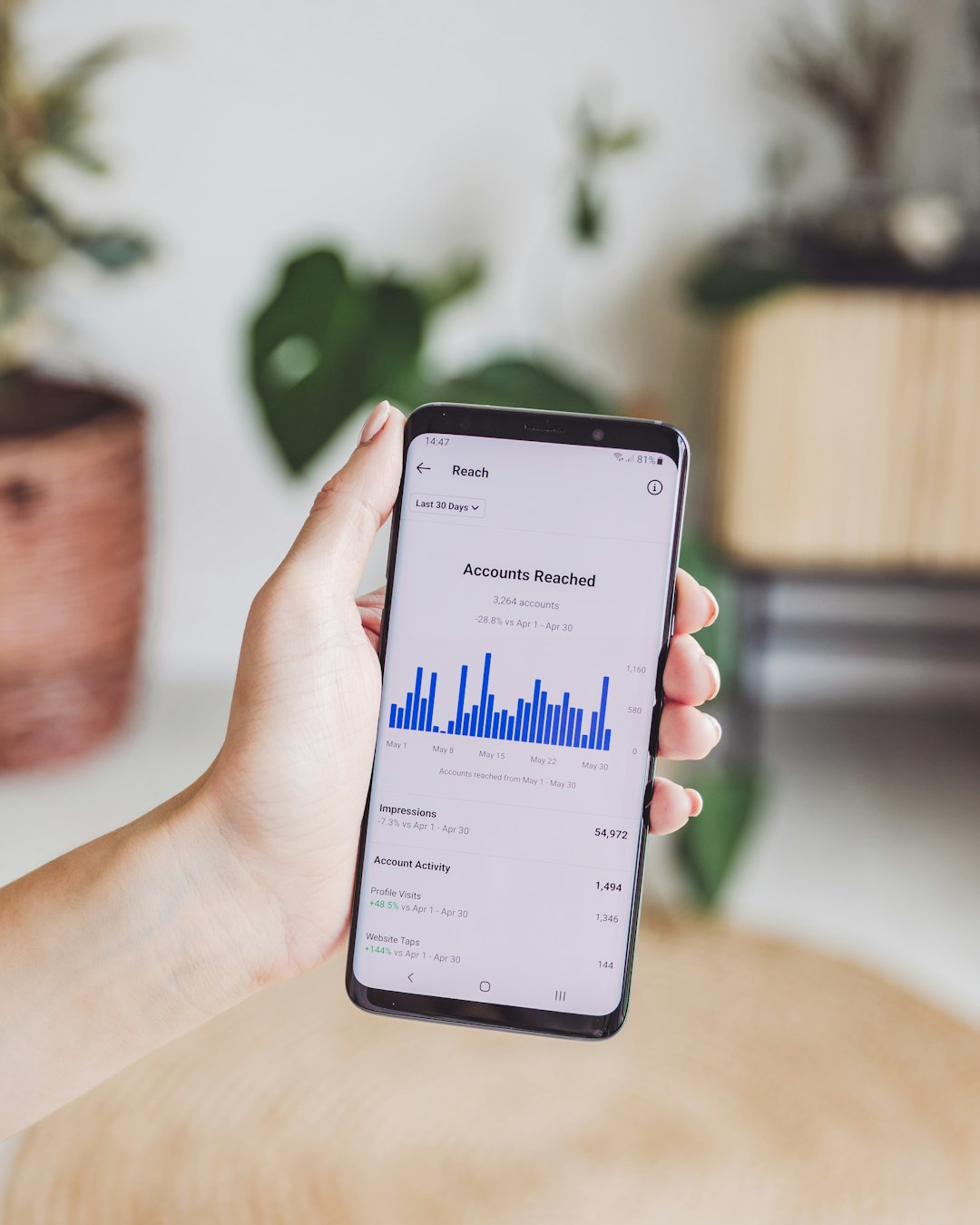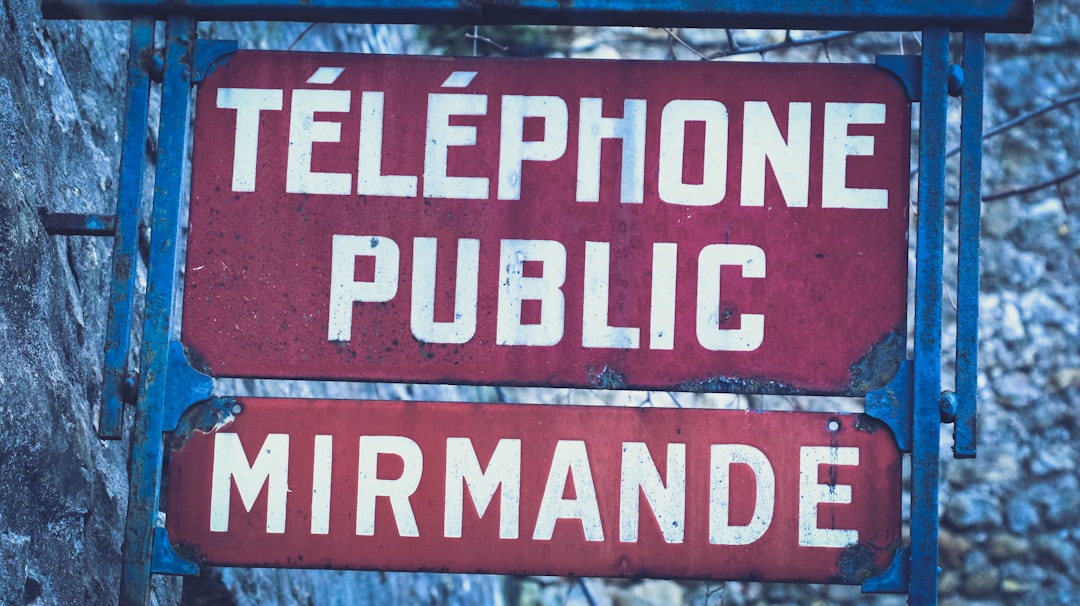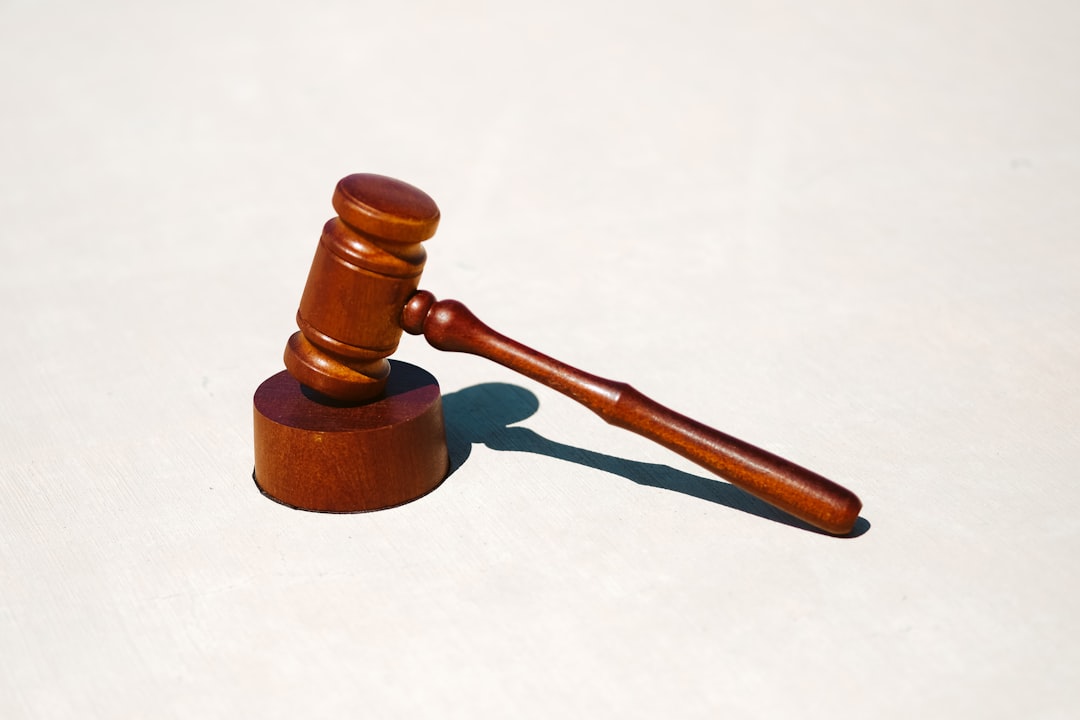In Florida, consumers are protected from harassing autodialer calls by federal (TCPA) and state laws. A lawyer for autodialer Florida is crucial for navigating these regulations, addressing privacy concerns, and stopping unwanted marketing or debt collection calls. By hiring a specialized lawyer, Floridians can ensure their rights are respected and take legal action against violators.
In today’s digital age, Florida consumers are often targeted by autodialers, leading to a barrage of unwanted phone calls. This intrusive practice not only disrupts daily life but also raises significant privacy concerns. Understanding these autodialers and their impact is crucial. Our article delves into the legal framework protecting Florida residents from unsolicited calls, highlighting key privacy safeguards. We guide consumers on when to seek a lawyer’s assistance for autodialer issues and provide practical steps to stop these nuisance calls once and for all. If you need a lawyer for autodialer problems in Florida, this is the place to start.
Understanding Autodialers and Their Impact on Florida Consumers

In today’s digital age, consumers in Florida and across the nation are increasingly targeted by autodialers—automated telephone dialing systems that leave pre-recorded messages. These devices are used extensively for telemarketing, debt collection, and political campaigning, among other purposes. While they may seem like a modern nuisance, understanding their impact on Florida consumers is crucial. Autodialers can invade personal privacy, cause distress, and lead to unlawful practices if not properly regulated.
Florida consumers often find themselves on the receiving end of incessant calls from autodialers, which can be particularly problematic for individuals with hearing impairments or those who value their quiet time. Moreover, some autodialers employ deceptive tactics, failing to obtain proper consent before calling, as required by Florida law. Seeking legal counsel from a qualified lawyer for autodialer Florida is a significant step towards protecting one’s rights and ensuring compliance with state regulations.
The Legal Framework: Florida's Laws Against Unwanted Calls

Florida consumers have legal protections against unwanted telephone calls, particularly those made using automatic dialing systems or prerecorded messages, known as autodialers. The state’s laws are designed to safeguard residents from intrusive and harassing phone calls, ensuring they can enjoy peace of mind at home and work.
The Legal Framework involves a combination of federal regulations and state-specific laws. The Telephone Consumer Protection Act (TCPA) is a key federal law that prohibits the use of autodialers or prerecorded messages for marketing purposes without prior express consent from the recipient. Florida has also enacted its own comprehensive legislation, the Florida Telemarketing Act, which further restricts the practices of telemarketers and provides additional remedies for aggrieved consumers. Seeking legal advice from a qualified lawyer for autodialer issues in Florida is crucial for understanding your rights and options when dealing with unwanted or harassing phone calls.
Protecting Consumer Privacy: Key Legal Protections

In Florida, consumer privacy is a critical concern, especially with the rise of automated dialing systems (autodialers) that often invade personal space. To safeguard individuals’ rights, several legal protections have been implemented to curb the use of autodialers for marketing purposes. These measures are designed to prevent unwanted phone calls and ensure that consumers’ phone numbers remain private. One significant law is the Telephone Consumer Protection Act (TCPA), which restricts the practice of using automated technology to make sales or marketing calls without prior consent.
Florida laws further strengthen these protections, making it illegal for businesses or telemarketers to use autodialers to any number on a state ‘Do Not Call’ list. Consumers can register their phone numbers with this list, ensuring they receive fewer unsolicited calls. Moreover, a lawyer for autodialer Florida can assist in interpreting and enforcing these privacy laws, providing consumers with a legal recourse against companies that violate their privacy rights by using intrusive autodialing methods.
When to Hire a Lawyer for Autodialer Issues in Florida

If you’re facing relentless phone calls from an autodialer, it’s understandable to feel overwhelmed and at a loss. While some may consider such calls a nuisance and choose to simply block the number, this isn’t always enough to stop the harassment. In Florida, consumers have legal rights against autodialers, but navigating these complex laws can be challenging.
Hiring a lawyer specializing in autodialer cases in Florida is advisable when you’ve exhausted do-not-call lists and blocking measures. Legal expertise is crucial for several reasons: they understand the Florida Telephone Consumer Protection Act (TCPA) and related federal regulations; they can help determine if an autodialer has violated your rights; and most importantly, they have the tools to secure compensation or make the calls stop effectively. A lawyer can guide you through the legal process, ensuring your rights are protected and providing a robust solution to your autodialer issues.
Taking Action: Steps Florida Consumers Can Take to Stop Autodialers

If you’re a Florida consumer tired of unwanted robocalls, there are steps you can take to fight back against autodialers. The first course of action is to document each incident, including the caller’s phone number and any details about the call itself. Next, inform the caller that you wish to be removed from their calling list; this can often be done by sending a written request via certified mail.
Considering legal action? Connecting with a lawyer for autodialer Florida can provide specialized guidance and help navigate the complexities of consumer protection laws. They may assist in sending cease-and-desist letters or, if necessary, represent you in court to stop these relentless calls once and for all.






